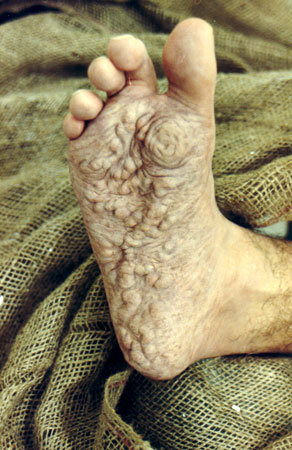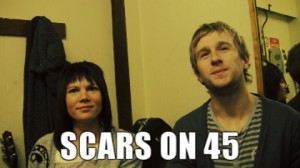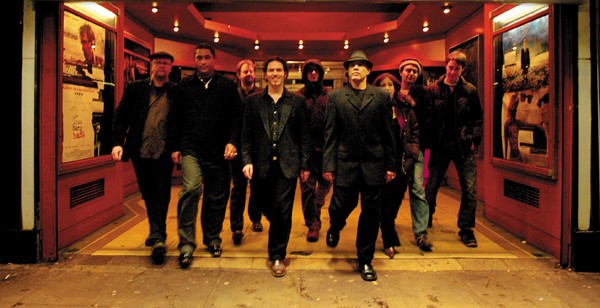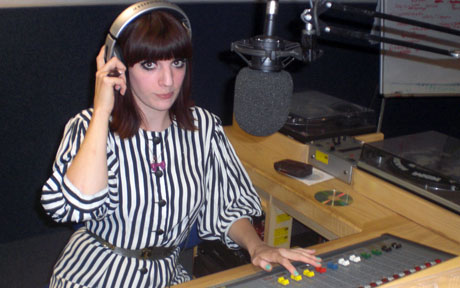
Yes, well done, do a joke about the colour of his eyes then use a black & white photo. Idiot.
In case you’ve been hiding under a glam rock for the last few months you can’t have helped but notice that music journalists and highly-successful BCB disc jockeys with up to 3 listeners alike have been getting into something of a froth with regards to the new album by a young man from South London. The Next Day, David Bowie’s first album since Reality in 2003 was released this week following something of a biscuit game by the great and the good among musos, among whom The Independent‘s Andy Gill referred to the new Jones long-player as “The greatest comeback ever.” Clearly the likes of Greg LeMond, Bobby Ewing, and, this week, FC Barcelona have something of a claim themselves to this title, but to argue whose was the best is a pointless task partly because it is a largely meaningless phrase and partly because I’m not entirely sure what a “comeback”, in musical terms, actually is. To comeback to something you surely have to have indicated that you were, by choice or by default, stopping doing whatever it was that you were doing in the first place. I recall no such suggestion from The Thin White Pensioner. Admittedly, 10 years between albums is something of a significant gap – particularly for someone who not only released 14 albums in 13 years between 1967 and 1980, but some of those albums were the most influential records of all time. A couple of the records after were a right load of old pelt as well, but we’ll skirt over that. However, for whatever reason our pop idols are more pop idle than they used to be – whereas releasing two albums in a year was not uncommon in the 1960s and 1970s, we think little now of artists taking 3 or 4 years between releases, which really begs the question as to why they aren’t generally a good deal better than they were 30 years ago. Continue reading







